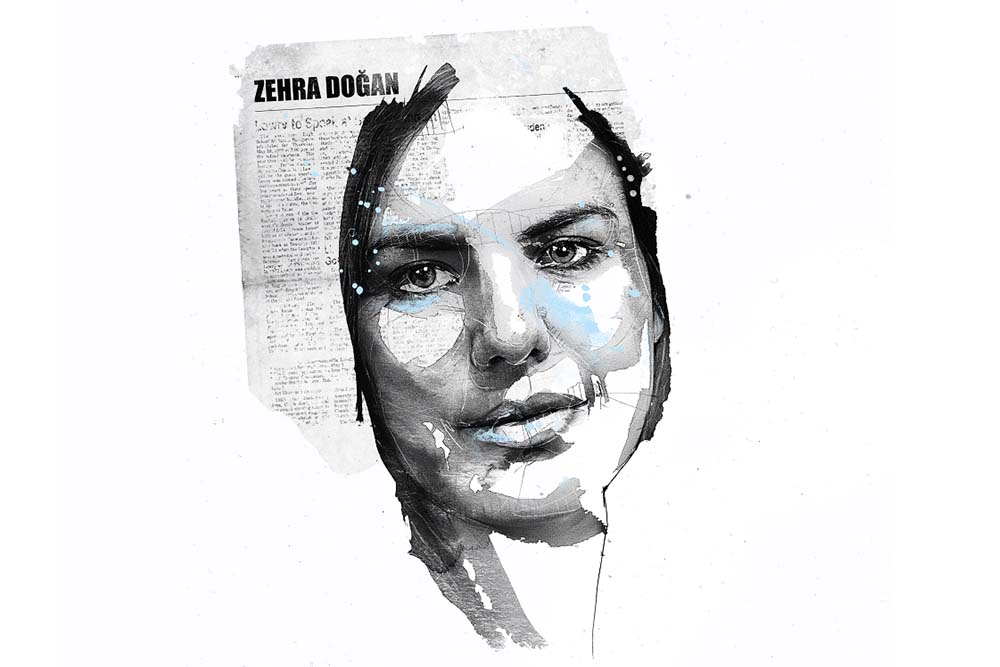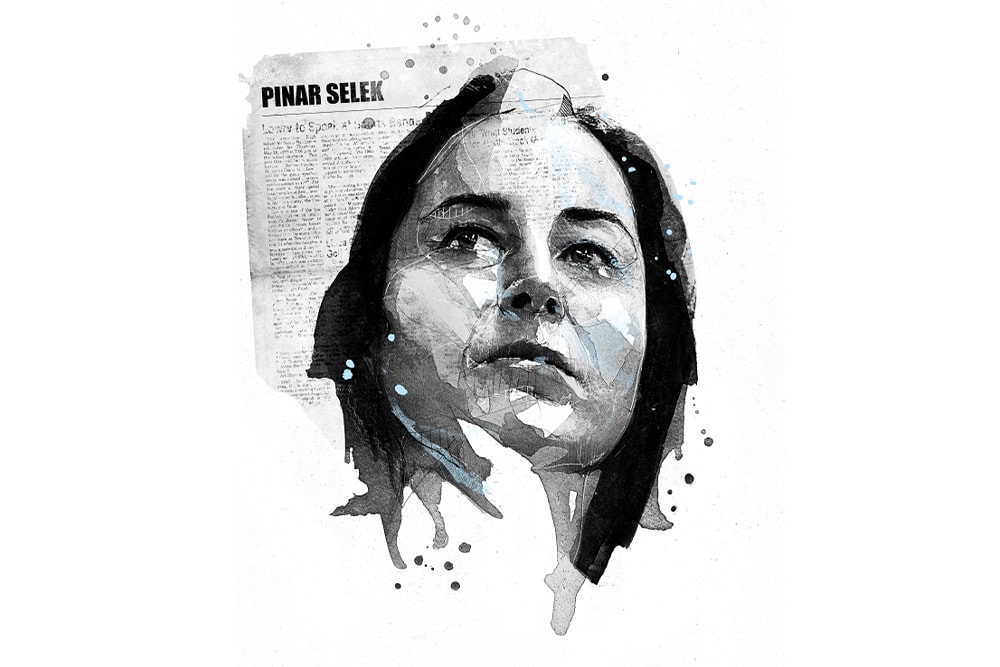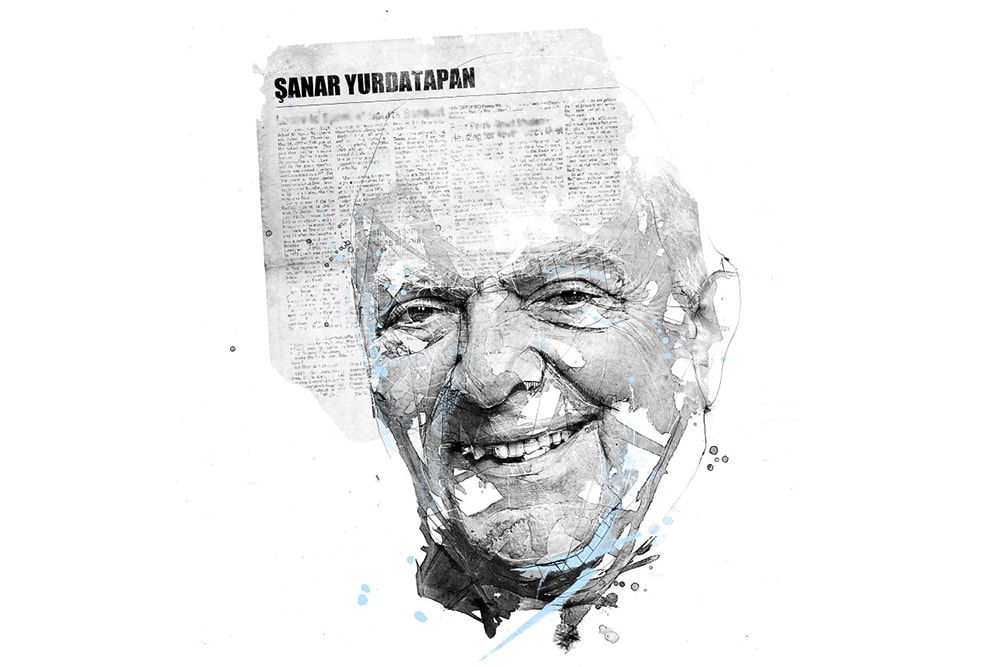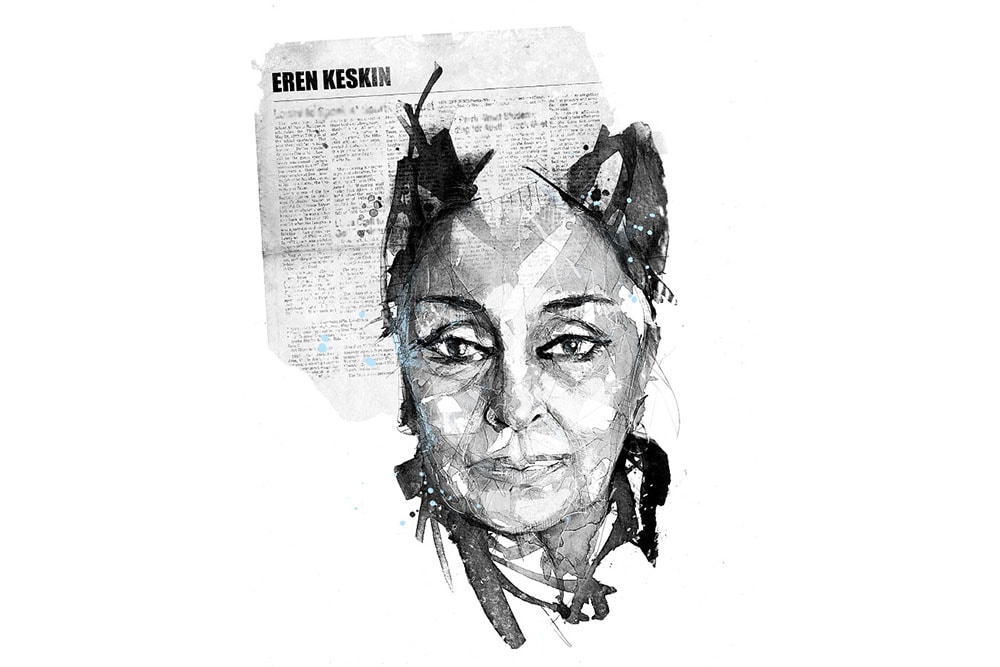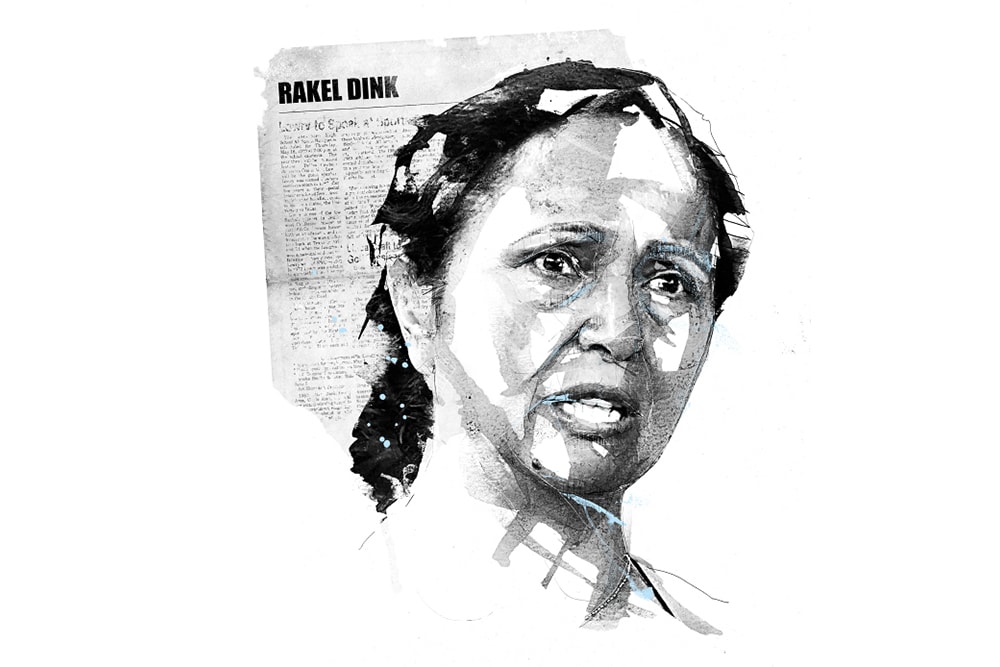Convicted in 2017 on charges of 'terrorist propaganda', Kurdish artist and journalist Zehra Doğan spent nearly three years in prison before her release in February 2019.
I want to repeat Picasso's teaching: Do you really think that a painter is just someone who uses her brush to paint bugs and flowers? No artist turns her back on society; a painter needs to use her paintbrush as a weapon against oppressors.
On 21 July 2016, a week after a coup attempt had been quashed in Turkey and stringent state of emergency regulations had been imposed, Zehra Doğan, a 27-year-old artist and journalist with JİNHA, an all-female news agency, was arrested. She was taken to a local detention centre, then on to Nusaybin, a city around 60km away. On 29 July, she was charged with being a member of and making propaganda for an ‘illegal organisation’, the Kurdistan Workers’ Party (PKK).
According to JINHA, Doğan heard that she had been identified as a suspect by anonymous witnesses. None were able to name her, and one witness could identify her only as “a short lady with a nose ring”.
Prosecutors added that social media posts and Doğan’s paintings were among the evidence against her. The fact that she had access to areas said to be under PKK control was another accusation, the suggestion being that she would have needed links to the organisation to be able to move freely. Doğan retorted that any allegations related entirely to her legitimate work as a journalist.
As a painter Doğan’s subjects are often Kurdish women depicted in bright, exuberant poses and colours, but she also paints darker images of war and conflict. Her creative spirit and her commitment to journalism followed her into prison, where she was among a group of women who created a hand written and illustrated edition of the Özgür Gündem (Free Agenda) newspaper that they renamed Özgür Gündem Zindan (Free Agenda Dungeon).
The original Özgür Gündem was a newspaper produced in Istanbul but aimed largely at Kurdish speaking readers. It faced persistent harassment and closures. In May 2016 a solidarity campaign with the newspaper was launched where journalists, academics, writers, artists and others acted as one-day ‘guest editors’. As a result, 37 guest editors were arrested, and several are still on trial on charges of ‘terrorist propaganda’remain in prison as of December 2016. In August 2016 the newspaper was ‘temporarily closed’ also on grounds of ‘terrorist propaganda’. The women prisoners’ edition found its way out of the prison when visitors took photos that they then posted on social media.
JİNHA was forcibly closed on 29 October 2016, one of over 100 media outlets shut down since the failed coup, but it continued to report through Facebook and Twitter. Around the same time, Turkey’s fragile peace process that had more or less held since 2009, collapsed, and hostilities resumed.
Following her arrest in July 2016, Doğan spent 4.5 months in pre-trial detention. She was released to face trial on charges of ‘terrorist propaganda’ (the charge of membership of a terrorist organisation was dismissed). On 27 March 2017 she was convicted at the Second High Criminal Court of Mardin and sentenced to 2 years, 9 months and 22 days in prison; she was taken into custody on 12 June 2017.
In jail, Doğan continued to create art; although she was denied a brush and paint, she mixed colours for drawing using food and drink. In a letter to a family member in October 2017, she wrote: “I continue to paint and write. A person’s imagination expands when imprisoned. I paint the women here and write about their stories. You can imprison an artist but you can’t stop her productivity.”
After serving her full prison term, Doğan was released in February 2019. In the same year, she received an Index on Censorship Free Expression Award and the May Chidiac Foundation’s Exceptional Courage in Journalism Award.
Since her release from prison, Doğan has exhibited her work in Turkey, Spain, Italy, Germany, and Switzerland. Much of her art post-prison deals with feminist themes and chronicles her time behind bars. In 2021, she was awarded the Le Soir Prix Atomium for Prison N°5, a graphic novel depicting her experience of incarceration.
In October 2023, following an appeal by Doğan, the Court of Cassation overturned the 2017 verdict under which she had served her prison sentence. The case was re-tried in May 2024 and she was acquitted of all charges.
Illustration by Florian Nicolle
